International Human Rights Law E-Learning Course
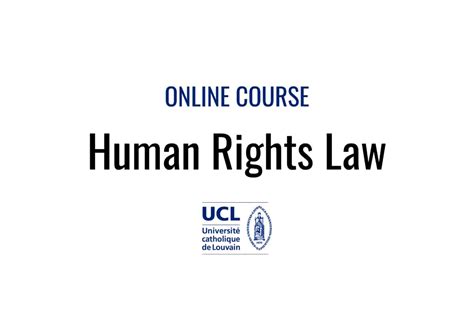
Prostitution and Legal Frameworks
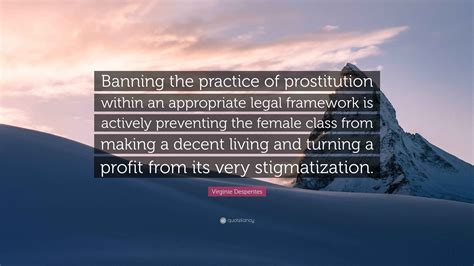
Prostitution is a complex issue that varies in legality and social acceptance across different countries. In some places, like parts of Australia, prostitution is legal and regulated, while in others, it is criminalized. For example, in Sydney, prostitution is legal, but it is often associated with other issues such as drug dealing, exploitation, and organized crime.
Human Trafficking and Exploitation

Human trafficking is a serious violation of human rights and is often linked to prostitution. Many individuals, including children, are forced into prostitution due to poverty, coercion, or deception. For instance, in the Philippines, there have been reports of young girls being forced into prostitution, while in Thailand, estimates suggest that between 30% to 35% of prostitutes are children.
Social and Health Impacts
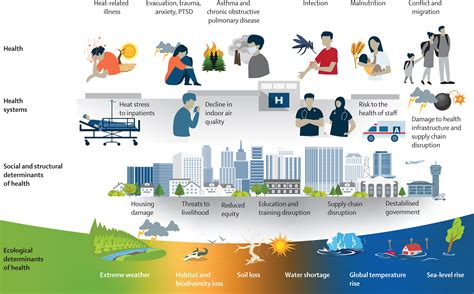
The social and health impacts of prostitution are significant. Many sex workers lack access to basic health services, such as STI checks and affordable condoms. This was evident in Malang, where public-health measures failed, leaving many prostitutes without access to essential care.
Legal Measures and Reforms
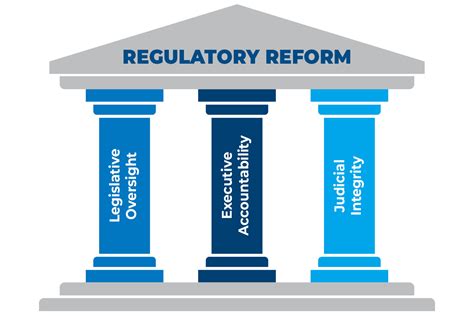
International organizations like the International Bar Association (IBA) and the British Institute of International and Comparative Law (BIICL) are working on projects to address these issues. For example, the IBA has launched reports exploring global prostitution trends and their legal implications.
Personal Stories and Case Studies
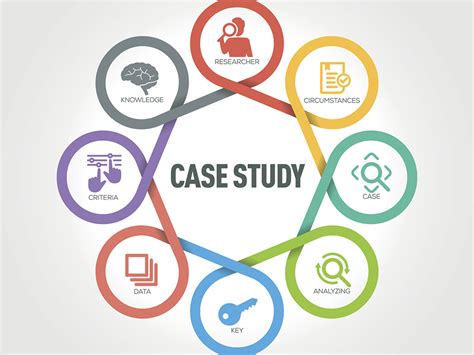
Personal stories highlight the human side of these issues. For instance, a lawmaker in Iba commended voter turnout despite allegations of prostitution and ritual killings.
These stories emphasize the need for stronger legal and social protections.
Global Perspectives and Challenges
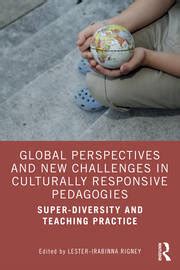
The issue of prostitution is not confined to any one region. Countries like the Netherlands, where prostitution is legal, face their own challenges, such as regulating brothels and preventing exploitation. Meanwhile, in places like Nigeria, communities grapple with the moral and legal complexities of prostitution.
The course encourages participants to think critically about these issues and consider the legal, social, and ethical dimensions of prostitution and human trafficking. By exploring real-world examples and case studies, learners can gain a deeper understanding of the challenges and potential solutions in this field.
TAGS – International Human Rights Law, Prostitution, Human Trafficking, Legal Frameworks, Social Impacts, Health Impacts, Case Studies, Global Perspectives